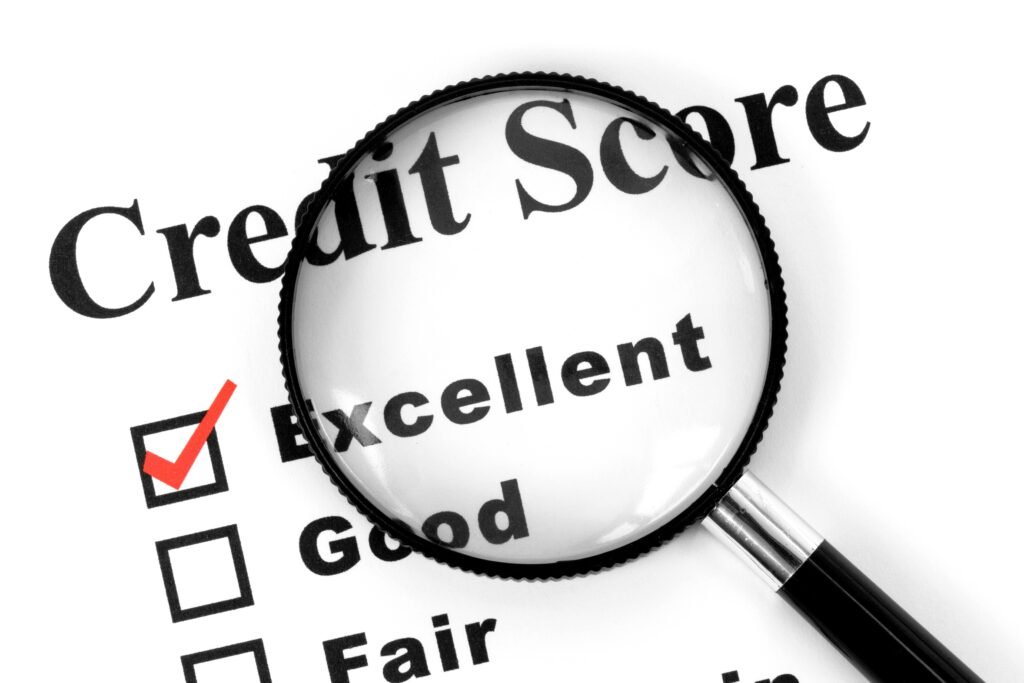
Your credit score plays a critical role in your financial life. The earlier you start building your credit, the better it will be for you. If you begin in your 20s, you will be in a better position to get a mortgage or finance a car in the future. Your credit score will determine how much interest you are going to get for a loan or whether you are going to get approved at all. It also comes to play in unexpected ways, like when you apply for a job or acquiring a cellphone plan.
The length of your credit history comprises about 15% of your overall credit score. This means that the longer your credit history is, the higher your score will be. There is no substitute for time in this process. When you establish credit early on, you will have a long credit history compared to someone who started later in life. The sooner you build a positive credit score, the easier it will be to reach your personal and financial goals as you grow old.

Advantages to Building Credit in Your 20s
Credit scoring is a statistical analysis used by lenders to determine your creditworthiness, helping them decide whether to extend or deny credit. It ascertains your ability to borrow money for many financial transactions, such as auto loans, mortgages and credit cards. For people ages 20 to 29, the average FICO credit score is 662. This is considered “fair.” The number rises to 673 when you reach your 30s.
When you apply for any loan, banks and other lending institutions will look at your credit history and score for evaluation and see the likelihood of you paying back the debt in a timely manner. If your credit is good, you will be allowed to borrow the money that you need. If you have a low score or holds a long list of missed payments, you will not be able to qualify for that loan or even be considered for a credit reward card.
Good credit also reduced the price of borrowing. While some lenders may be willing to work with you despite your poor credit score, they are bound to charge you with higher interest rates. Insurance and utility companies, as well as cellphone providers, are likewise inclined to charge additional fees or require deposits before offering their services. Over time, you will realize that you have paid more than the money you borrowed.
Another advantage of having good credit is that it helps you build wealth. You can use your good financial standing to purchase assets and increase your net worth. You can buy your dream home or car and pursue higher education. With good credit, you can also make smarter financial decisions, knowing you can switch jobs or make a big purchase without worrying about going bankrupt.

How to Build a Solid Credit History
There are many ways to build a credit history while in your 20s. This first failsafe tactic is by always paying your bills in full and on time. Payment history is an important factor in your credit score. If you pay off your balance in full every month, you can avoid late fees and interest charges. If you cannot do it, try to pay a little more than the minimum. This way, you will not incur negative marks on your credit report.
Another option is to take out a loan. While it may be difficult to find lenders who will give you approval, there are institutions like Alpine Credits that offer options for borrowers with little to no credit history. There are also certain types of loans that people in their 20s may have more luck with. Secured loans that require collateral are easier to qualify for as they are less risky for creditors. Some examples are personal and car loans.

If you do not qualify for a secured loan, you may try a credit-builder loan. This type of loan are specifically designed to help borrowers build credit. With this method, a financial institution will deposit the money you borrowed into a savings account. You cannot access this until you have repaid the loan in full. For every regular payment you make, you build credit. Once you have paid back your bank, you will receive the deposit plus interest and positive payment history.
Credit cards are also excellent means to build credit. While the regular one are difficult to secure for someone who has no access to credit yet, there are still a few considerations you may consider. Secured credit cards are easier to get as they require you to pay a deposit that will serve as your line of credit. With timely payments, you can build a positive payment history and boost your credit score. Some banks also offer credit cards made for student use.
Another option is to have a family member with good credit make you an authorized user on their account. This works even if you are a minor as most cards allow users younger than 18. As an authorized user, you will have the account added to your credit history. You may also ask them to co-sign a loan for you. You have to be careful, though, as mismanaging your loan can harm both your and your family’s credit score.

Maintaining a Low Credit Utilization Rate
Your credit utilization rate is an important factor in determining your credit score. This is the ratio between how much credit you are using in relation to how much credit is available to you. Keeping your utilization rate below 30% of your available credit is the best practice, as a general rule. Lenders do not like to see borrowers using all their available credit, even if they do pay it off each month.
To achieve a low utilization rate, you need to use your credit card sparingly. Experts recommend starting small, keeping your monthly bill at a minimum. Once you have adjusted to paying small bills like groceries or a subscription, you can charge larger purchases to your credit card. Make sure they are manageable so you can pay them in full. If you use your credit sensibly and pay promptly, you will build a good credit history over time.











